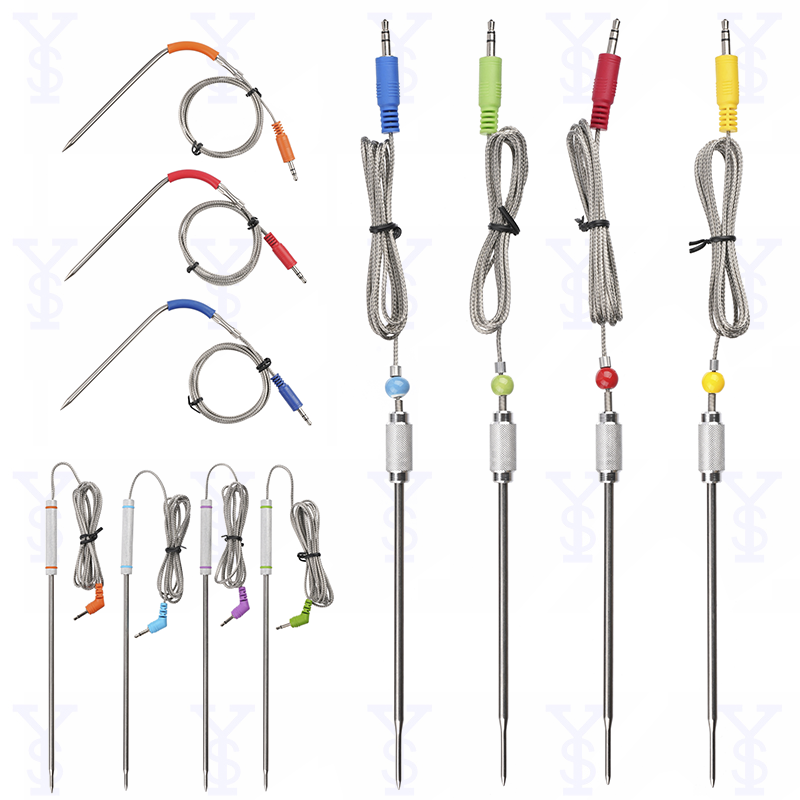Электрондук почта форматында ката
emailCannotEmpty
emailDoesExist
pwdLetterLimtTip
inconsistentPwd
pwdLetterLimtTip
inconsistentPwd


Understanding the Electrical Parts Manufacturing Business: A Comprehensive Guide
In our ever-evolving world, electricity powers our lives in ways we often take for granted. From our smartphones to household appliances, the demand for reliable electrical components is higher than ever. This is where the electrical parts manufacturing business comes into play. This blog will delve deep into the intricacies of this industry, exploring its significance, the manufacturing processes involved, market trends, and tips for success in this competitive field.
The Importance of Electrical Parts Manufacturing
Electrical parts manufacturing is a vital segment of the global economy. Electrical components serve as the building blocks for countless devices and systems, making their production critical to various industries, including automotive, telecommunications, aerospace, and consumer electronics. Each sector relies heavily on these components to function efficiently and safely.
Imagine your morning routine: you wake up to an alarm clock powered by intricate circuits, brew your coffee with a machine that utilizes electrical components, and even your smart thermostat relies on these parts to keep your home comfortable. The seamless integration of electrical components in everyday life highlights their significance.
Key Components in Electrical Manufacturing
Electrical parts come in various shapes and sizes, each designed for specific functions. Here are some of the most common components manufactured in this industry:
Resistors: These components limit the flow of electric current, helping to manage voltage and protect sensitive parts in circuits.
Capacitors: Often used for energy storage, capacitors play a crucial role in smoothing out fluctuations in electrical signals.
Inductors: Inductors store energy in a magnetic field when electrical current passes through them. They are essential in many applications, including power supplies.
Transistors: These semiconductor devices act as switches or amplifiers, forming the basis of modern electronic devices.
Diodes: Allowing current to flow in one direction only, diodes are critical for protecting circuits and controlling electrical signals.
Connectors: Connectors are essential for linking various components together, ensuring reliable and safe connections in electrical systems.
Each of these components plays a unique role in the functioning of electrical devices, demonstrating the complexity and importance of the electrical parts manufacturing business.
The Manufacturing Process
The process of manufacturing electrical parts involves several stages, each requiring precision and expertise. Here’s a breakdown of the typical steps involved:
1. Design and Prototyping
The first step in the manufacturing process is the design phase. Engineers use computer-aided design (CAD) software to create detailed blueprints of the electrical parts. Prototyping involves creating a small-scale version of the part to test its functionality. This phase is crucial for identifying any potential design flaws before mass production.
2. Material Selection
Choosing the right materials is essential for producing high-quality electrical components. Manufacturers often use materials such as copper for conductors, silicon for semiconductors, and various plastics for insulation. The properties of these materials directly impact the performance and reliability of the final product.
3. Fabrication
Fabrication is where the magic happens. This stage involves various processes, including:
- Etching: A chemical process that removes layers of material to create circuit patterns on a substrate.
- Molding: Used for creating plastic parts by pouring molten plastic into molds.
- Winding: Involves winding wire around a core to create inductors.
4. Assembly
Once the individual components are fabricated, they are assembled into final products. This may involve soldering components onto printed circuit boards (PCBs) or connecting wires to connectors. Precision in assembly is critical, as any mistakes can lead to malfunctions.
5. Testing
Testing is a vital part of the manufacturing process. Each component must undergo rigorous quality control tests to ensure it meets industry standards and specifications. This may include electrical testing, thermal testing, and mechanical testing.
6. Packaging and Distribution
After successful testing, the finished products are packaged and prepared for distribution. Effective packaging is important not only for protection during shipping but also for branding and marketing purposes.
Market Trends and Challenges
The electrical parts manufacturing business is continuously evolving, influenced by technological advancements, market demands, and global trends. Here are some key trends shaping the industry today:
1. Sustainability
With growing awareness of environmental issues, there is an increasing demand for sustainable manufacturing practices. Manufacturers are exploring eco-friendly materials, energy-efficient production methods, and recycling initiatives to minimize their carbon footprint.
2. Automation and Robotics
Automation is revolutionizing the manufacturing process, improving efficiency and accuracy. Robotics are being used for assembly, quality control, and even packaging, reducing labor costs and minimizing human error.
3. Internet of Things (IoT)
The rise of the IoT is driving demand for smart electrical components. As more devices become interconnected, manufacturers must adapt by producing components that can communicate with one another and operate seamlessly within smart ecosystems.
4. Globalization and Supply Chain Challenges
The electrical parts manufacturing business is global, with supply chains spanning multiple countries. However, recent events, such as the COVID-19 pandemic, have highlighted vulnerabilities in these supply chains. Manufacturers must be agile and resilient to navigate disruptions and maintain consistent production levels.
Tips for Success in Electrical Parts Manufacturing
If you’re considering entering the electrical parts manufacturing business, here are some valuable tips to help you succeed:
1. Invest in Quality Control
Quality control should be a top priority. Implement rigorous testing and inspection protocols to ensure your products meet industry standards. This builds trust with customers and reduces the likelihood of costly recalls.
2. Stay Updated on Technology
The electrical parts manufacturing industry is constantly evolving. Stay informed about the latest technological advancements and industry trends to remain competitive. Invest in training for your workforce to keep their skills relevant.
3. Focus on Customer Needs
Understand your customers' needs and preferences. Engage with them to gather feedback on your products, and be willing to adapt your offerings to meet changing demands.
4. Network with Industry Professionals
Building relationships within the industry can open doors to new opportunities. Attend trade shows, conferences, and networking events to connect with suppliers, customers, and other manufacturers.
5. Embrace Sustainability
Incorporate sustainable practices into your manufacturing process. This not only appeals to environmentally conscious consumers but can also lead to cost savings in the long run.
Conclusion
The electrical parts manufacturing business is a dynamic and essential sector that plays a crucial role in our modern world. By understanding the intricacies of this industry, manufacturers can harness opportunities and navigate challenges effectively. With a focus on quality, technology, customer needs, and sustainability, businesses in this field can thrive and contribute to the ongoing evolution of electrical components that power our lives.
As we look to the future, the potential for innovation in electrical parts manufacturing is boundless. Embracing change and adapting to the ever-shifting landscape will be key to staying relevant and successful in this exciting industry. Whether you are a seasoned professional or just starting, the journey in the electrical parts manufacturing business promises to be rewarding and impactful.

